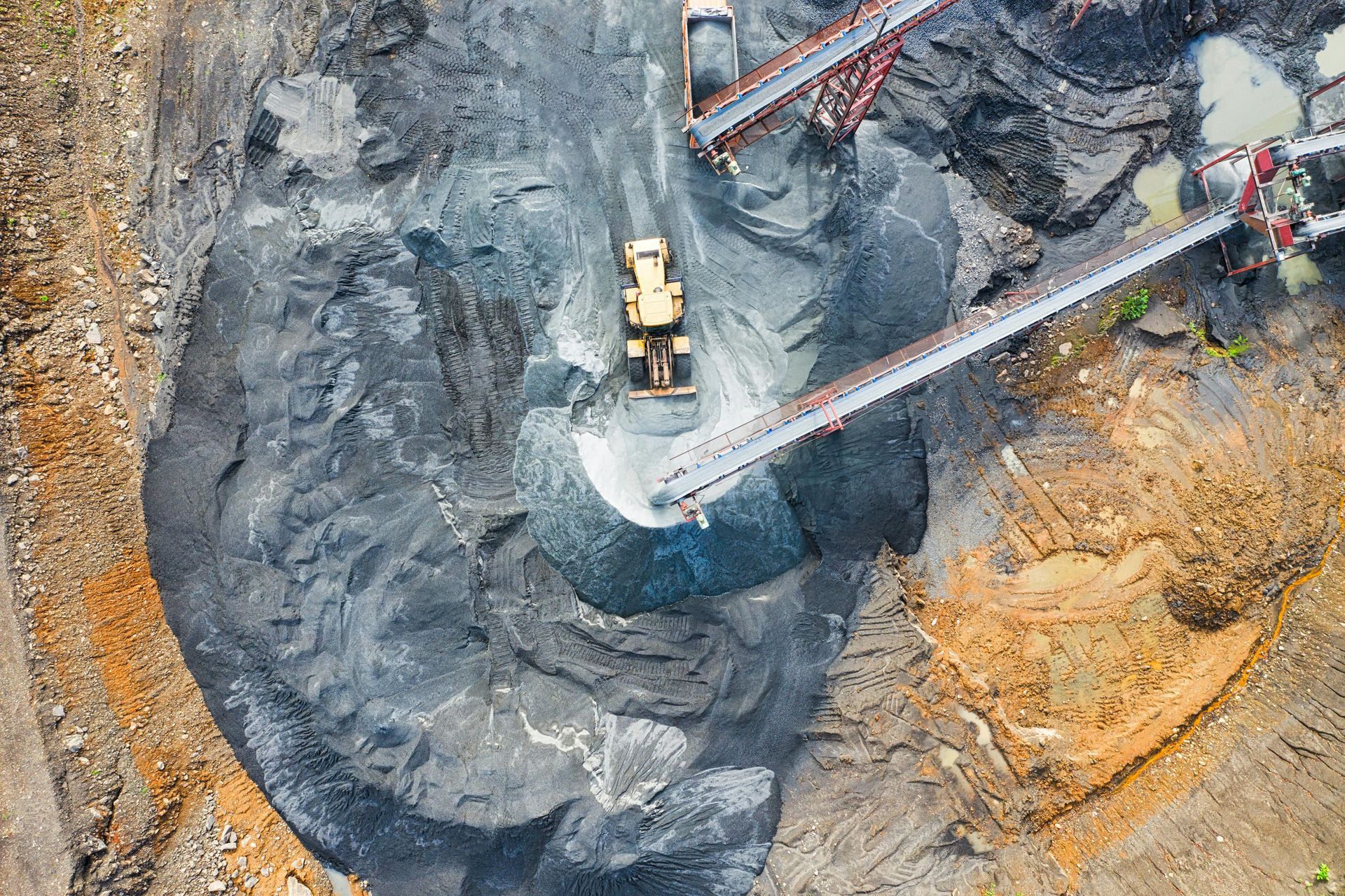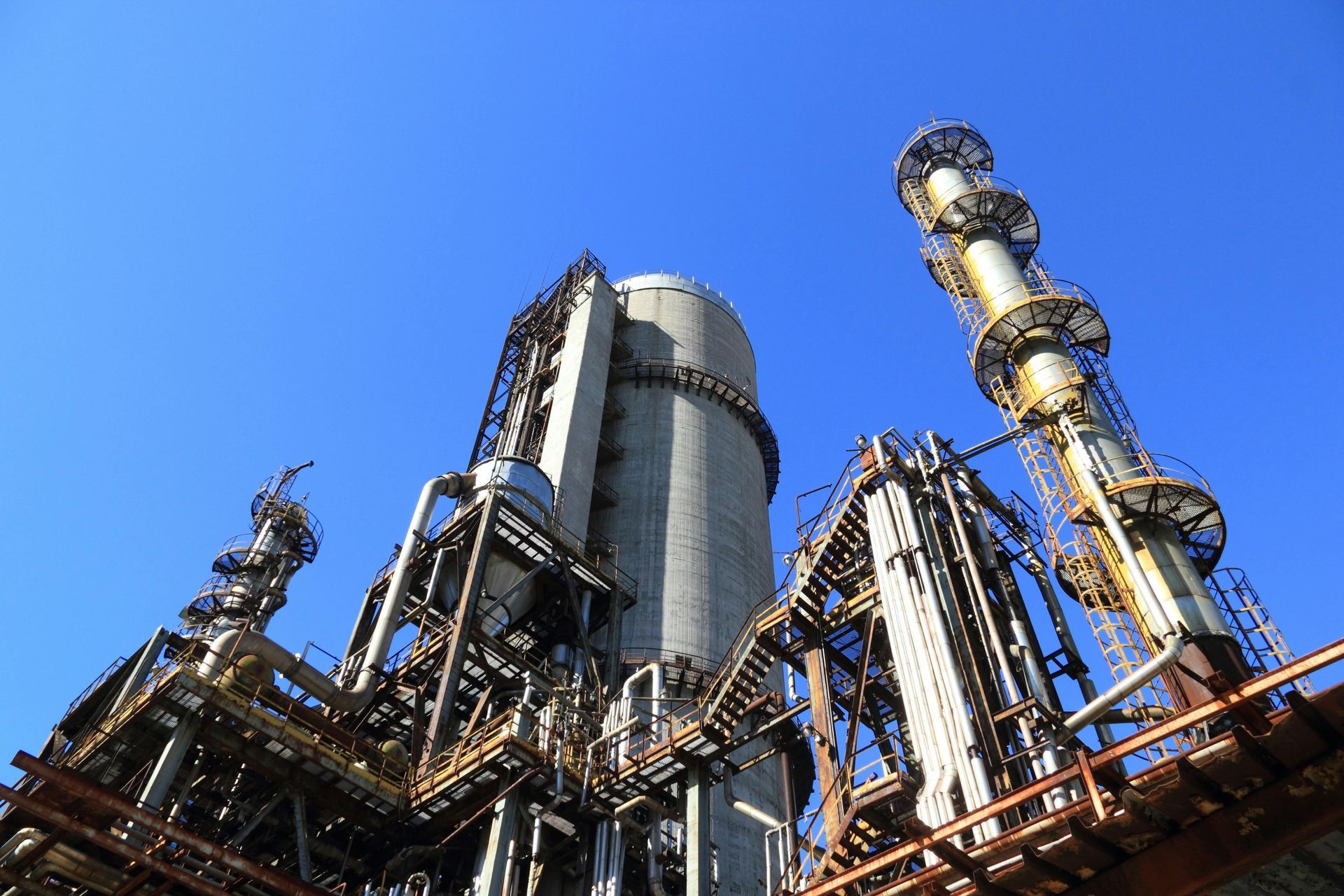Corporate Due Diligence
Protect Your Business: Embrace Due Diligence for Global Trade!
Conducting due diligence on buyers and sellers is essential in the mining, energy, and agricultural sectors, particularly in importing and exporting. These industries involve significant investments, regulatory challenges, and potential risks due to volatile markets and supply chains that span across various regions. Due diligence helps companies assess the reliability and financial stability of their partners, reducing the risk of fraud, non-payment, or contract breaches. For instance, in the mining sector, assessing environmental and safety standards compliance is critical, as violations could lead to reputational damage, fines, or operational shutdowns.
Effective due diligence in these industries involves not only financial and legal assessments but also a deep understanding of operational practices and regulatory compliance, helping businesses mitigate risks, build trust, and foster sustainable partnerships in complex global markets.
30%
of businesses have higher retention rate with trade partners if proper due diligence is performed
25%
of businesses face payment defaults in international trade without proper due diligence
3.3%
of world trade is for the importing & exporting of counterfeit or pirate goods
The importance of performing due diligence in international trade:
Trade Fraud
An estimated $50 billion is lost annually to trade-based money laundering (TBML), highlighting the risks of engaging with unscrupulous entities without due diligence. (Source: Financial Action Task Force)
Default Risks:
Approximately
25% of businesses involved in international trade face payment defaults or late payments due to inadequate vetting of trade partners. (Source: Atradius Payment Practices Barometer)
Counterfeit goods:
The global trade in counterfeit and pirated goods amounts to
3.3% of world trade (over $500 billion), underscoring the need for verifying suppliers and product authenticity. (Source: OECD)
Financial and Operational Risks:
Sanctions and Fines:
Companies failing to comply with international trade regulations, such as sanctions and anti-money laundering laws, face fines averaging $12 million per violation. (Source: Kroll Compliance Survey)
Customs Violations:
In 2023, over 10,000 cases of customs fraud were reported worldwide, often resulting from insufficient due diligence on trade documentation. (Source: World Customs Organization)
Compliance and Legal Risks:
Reputational Damage:
86% of consumers expect companies to ensure their supply chain partners uphold ethical and legal standards. Failing to do so can lead to boycotts and loss of trust. (Source: Edelman Trust Barometer)
Supply Chain Disruptions:
Around
57% of global companies report supply chain disruptions linked to issues such as undetected insolvency or non-compliance by overseas suppliers. (Source: PwC Global Supply Chain Survey)
Reputational and Supply Chain Risks:
Fraud Prevention ROI:
For every dollar spent on due diligence, businesses save an average of
$6.50 by avoiding fraud, legal disputes, and lost contracts. (Source: Association of Certified Fraud Examiners)
Stronger Trade Relationships:
Companies that perform thorough due diligence report a
30% higher retention rate with trade partners due to increased trust and transparency. (Source: McKinsey & Company)
Economic Benefits of Due Diligence:
These statistics demonstrate that performing due diligence is not just a regulatory necessity but also a critical strategy for mitigating risks, protecting reputation, and enhancing profitability in international trade. Would you like further insights on any specific aspect of this?
Shield your organization from fraud, extremism, activism, counterfeiting, political risk, and other criminal activities with our advanced due diligence solution designed for corporate security professionals: Nexis Diligence. Reduce financial risks and protect your corporate reputation using our comprehensive investigative due diligence resources. Save both time and money by executing enhanced due diligence checks on individuals, clients, partners, and suppliers in-house, rather than relying on costly consultants.
Nexis Diligence empowers users to perform due diligence, investigations, and background checks on new customers, third-party suppliers, and high-profile employees. This proactive approach helps safeguard companies against the reputational, regulatory, and financial risks linked to financial crime. Compliance with local and international legislation, along with other market drivers, mandates that organizations perform background checks on both companies and individuals.
We focus on the following sectors

Mining
Sector
Due diligence in the mining sector is essential for identifying risks, ensuring regulatory compliance, and evaluating the viability of a project. This process involves comprehensive assessments, including geological, financial, environmental, and legal analyses, to verify the potential and integrity of a mining investment. By conducting thorough due diligence, companies can prevent costly missteps, avoid environmental and social repercussions, and ensure alignment with international standards. It is a critical step for safeguarding stakeholders, preserving investor confidence, and supporting sustainable mining practices.

Agricultural Sector
Due diligence in the agricultural sector is crucial for managing risks, ensuring compliance, and assessing the sustainability of investments. This process typically involves evaluating land quality, water resources, environmental impact, and the financial stability of agricultural projects or suppliers. Through careful due diligence, companies can identify potential issues related to soil fertility, climate risks, regulatory requirements, and ethical standards, which helps to mitigate financial losses and safeguard long-term productivity. This level of scrutiny is essential for fostering sustainable practices, protecting investor interests, and building trust in agricultural markets.

Energy Sector
Due diligence in the energy sector is vital for evaluating the financial, environmental, and regulatory aspects of energy projects, whether they involve renewable resources, oil, gas, or other forms of energy. It ensures that projects comply with industry standards, minimize environmental impact, and are financially viable. Through rigorous assessments—including technical, legal, and market analyses—due diligence helps stakeholders identify potential risks, secure investment confidence, and make informed decisions. This process is essential to support sustainable practices, avoid costly liabilities, and promote responsible energy development in a highly regulated and capital-intensive industry.

